MAY 2020
ISSUE
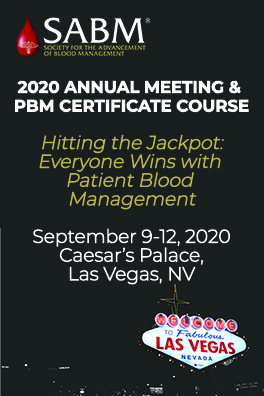
Please consider making a donation to your Society. Your donations will help us to improve the lives of people throughout the world through Patient Blood Management.
SABM 2020 Newsletter Publication
Editor: Kevin T. Wright
Associate Editor: Majed Refaai, MD
Contributors for This Issue
Christine Cahill, RN, MS
Ann Marie Gordon, PA-C, MLS (ASCP)
Beverly Khaek-On, BSN, RN
Mary Ann O'Brien, RN, MSN, CCRN, CNE
Sherri Ozawa, RN
Seth Perelman, MD, FASA
Majed Refaai, MD
Cassandra Upchurch, RN
Sarah Walbolt, BSN, RN
Kevin T. Wright
Marketing
Tim Bower, CAE
SABM Officers and
Directors
© 2020 Society for the Advancement of Blood Management
19 Mantua Road Mt. Royal, NJ 08061 USA Phone: (928) 551-6400 Fax: (877) 944-2272 EMAIL: [email protected] |
Standards Showcase
5th Edition SABM Administrative and Clinical Standards for Patient Blood Management Programs ®
SABM takes a lead role in raising awareness of the risks associated with blood transfusion while highlighting the emerging data that support restrictive transfusion practices, a shift to a lower transfusion threshold and a lower transfusion target. However, every day there continues to be a variation in practice and continued administration of clinically inappropriate transfusions as proven by published data.
SABM Standards provide a wealth of information whether your program is just beginning or well established. These standards contain ongoing research enhanced by our close association with leading international health organizations and we have our finger on the pulse of the most current technologies.
For example, the Standards highlight the efficacy of transfusion guidelines that are evidenced- based. The need for early anemia assessment is continually emphasized because many patients are admitted with low hemoglobin levels leading to increased risk of allogenic blood product transfusion. Such scenarios can easily be mitigated by appropriate assessment and interventions while also cultivating close coordination with nephrologists and clinical hematologists and their respective patient populations.
Patient-centered blood management strategies also play a role in minimizing the need for allogeneic transfusion when dealing with cases of severe hemorrhage. For example, reminders are given for the consideration of tranexamic acid in all cases of significant hemorrhage. Continual evaluation of such patients leads to proactive steps that can reduce or eliminate the risk of transfusion.
An effective PBM program is structured, with the physician lead and program manager working closely together. Their development of policies and procedures, clinical protocols, educational programs and a process for review of patient outcomes contributes to a robust, multimodal, multidisciplinary program.
SABM developed this document, now in its fifth edition, to address clinical activities related to patient blood management. Remember, this document “is evolving rather than static, since new information is rapidly emerging.” We encourage practitioners and institutions that wish to establish a formal organization-wide patient blood management program to follow the SABM Standards.
Contributor: Kevin T. Wright
|
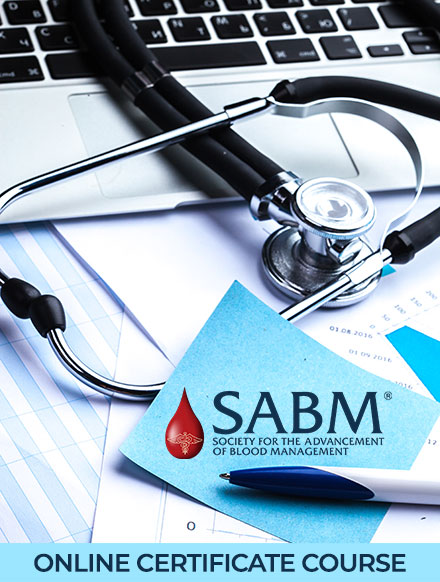
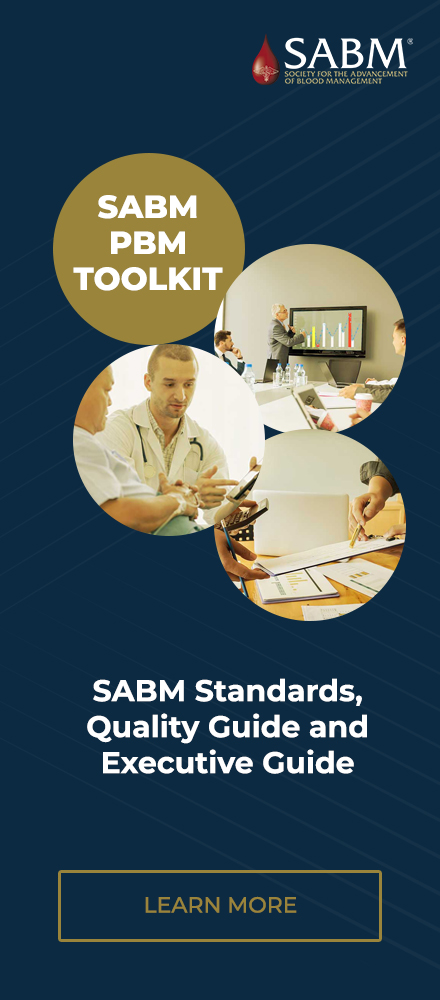
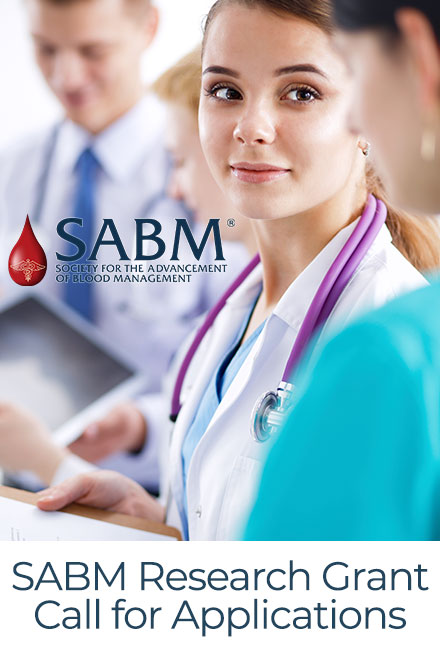
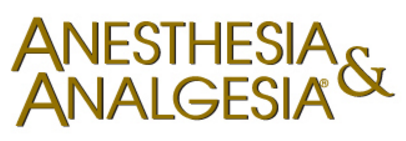
Consider submitting your future manuscripts in PBM for peer review and publication in this new section. The success of this endeavor will depend on the provision of material to make it lively and attractive to our colleagues and other professionals in the field.
Members Invited to Submit Papers CLICK HERE
|